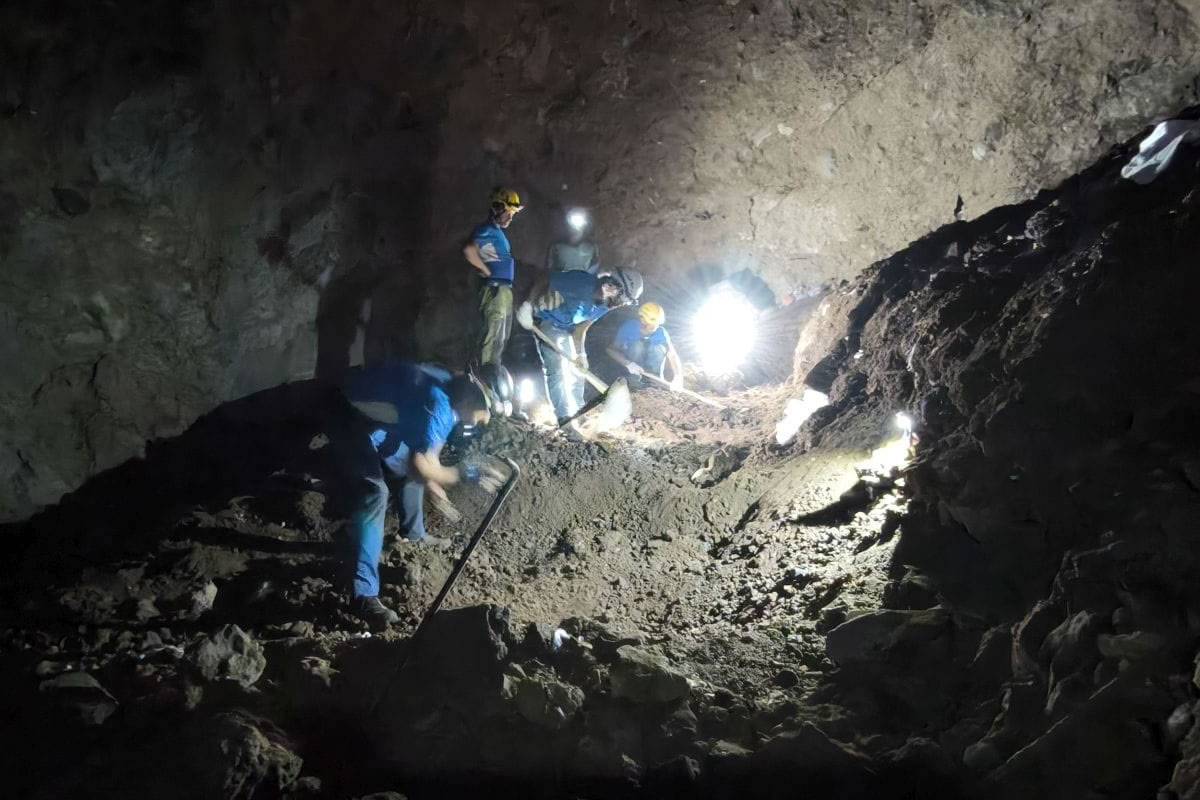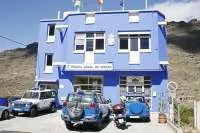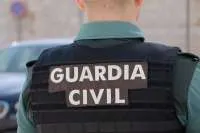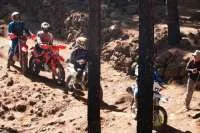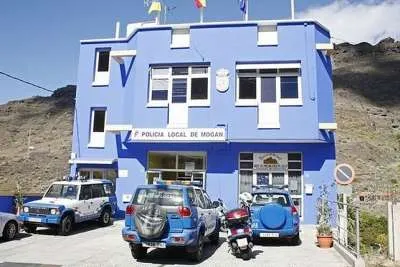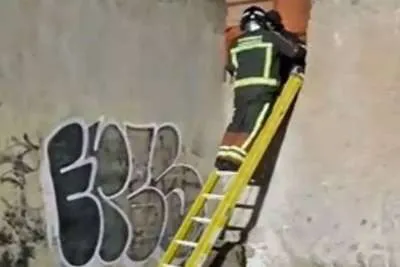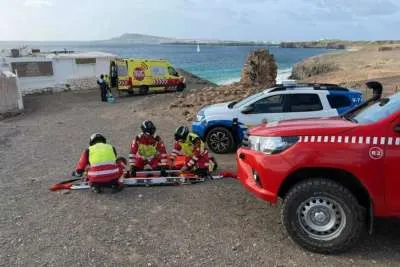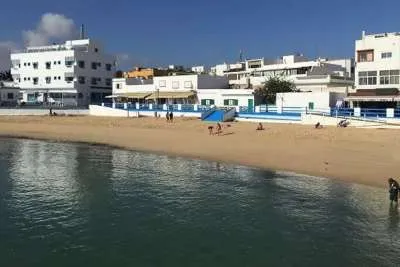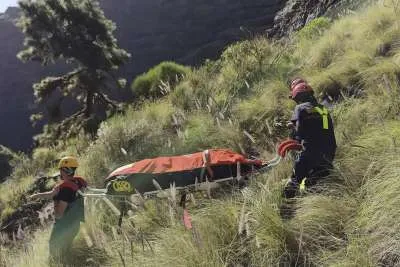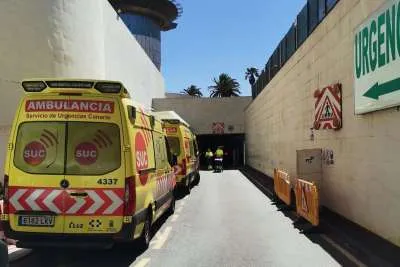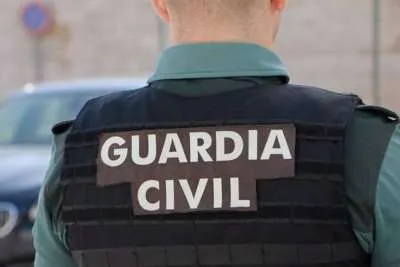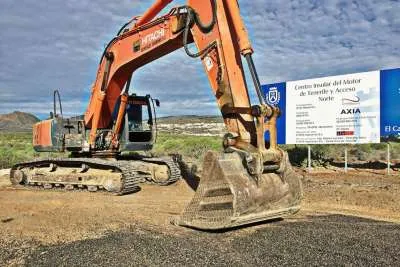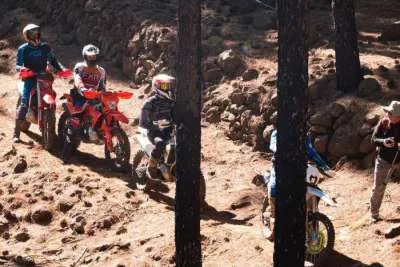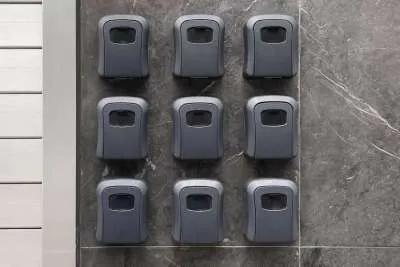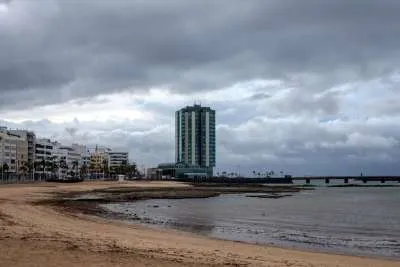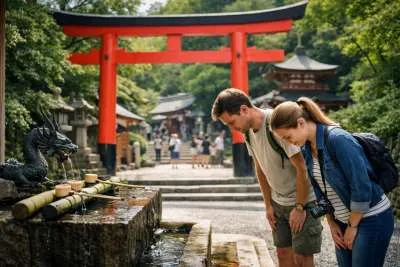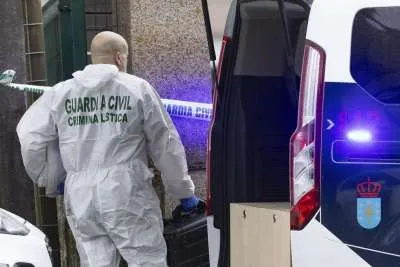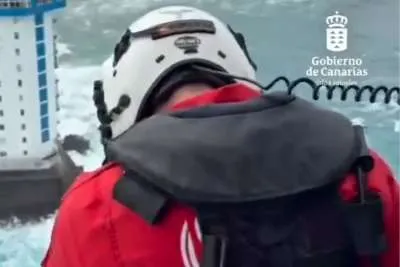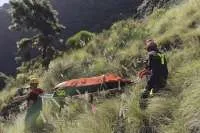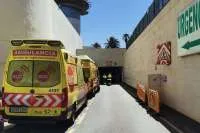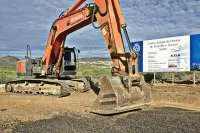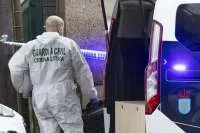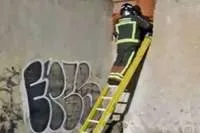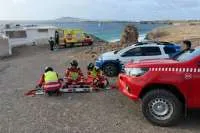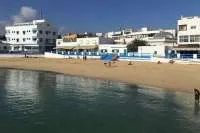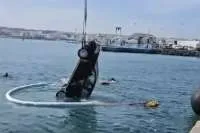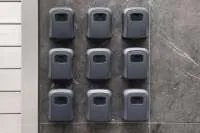Human remains discovered in a remote mass grave in the Canary Islands
- 01-11-2024
- Gran Canaria
- Canarian Weekly
- Photo Credit: Efe
In a significant archaeological breakthrough, the first excavation at the Sima de Jinámar in Gran Canaria has uncovered human remains believed to belong to victims disposed of during the Spanish Civil War.
The site, thought to have been used to dispose of approximately one hundred reprisals, yielded the skeletal remains of four adult men, along with shoe soles and bullet casings used by the army and security forces of that era.
During a press conference held yesterday (Thursday), Antonio Morales, President of the Cabildo of Gran Canaria, along with archaeologists José Guillén and Javier Velasco, disclosed the findings.
The excavation, conducted at a depth of 70 metres during October, aims to "lift a slab of oblivion" within this volcanic shaft, which is designated as a protected historical site.
Coinciding with the Day of Remembrance and Tribute to All Victims of the Military Coup, the Civil War, and the Dictatorship, Antonio Morales emphasised the Cabildo's commitment to continuing the excavation until the bottom of the Sima is reached.
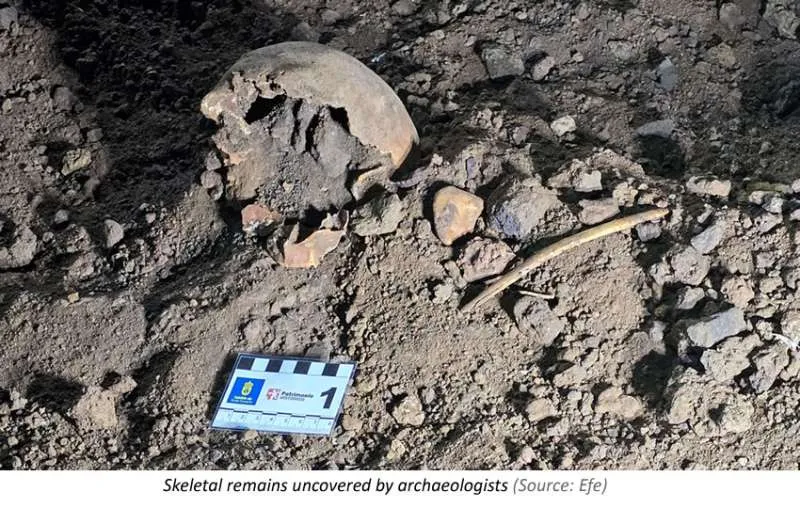
"Our commitment is to bury the fight against amnesia," Morales stated, highlighting the importance of remembering and honouring the victims.
Archaeologists have said that these discoveries necessitate further investigation to determine the origin and manufacturing details of the bullets, as well as the identities of the individuals involved.
The findings align with those from the Tenoya and Arucas pits in Gran Canaria, suggesting that the victims were executed externally and subsequently disposed of along with their personal belongings to "clean the crime scene."
This excavation marks a crucial step in uncovering the dark chapters of the Canary Islands' history, providing tangible evidence of the atrocities committed during a tumultuous period. The ongoing efforts aim to bring closure to the families of the victims and ensure that such events are not forgotten.
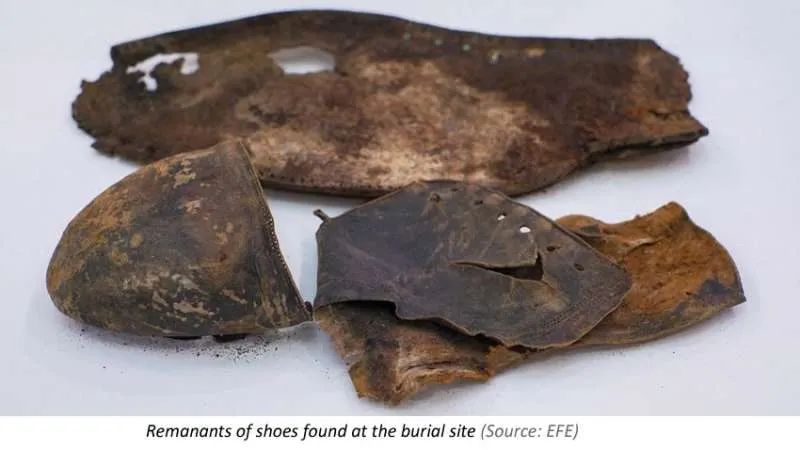
Other articles that may interest you...
Trending
Most Read Articles
Featured Videos
TributoFest: Michael Buble promo 14.02.2026
- 30-01-2026
TEAs 2025 Highlights
- 17-11-2025


